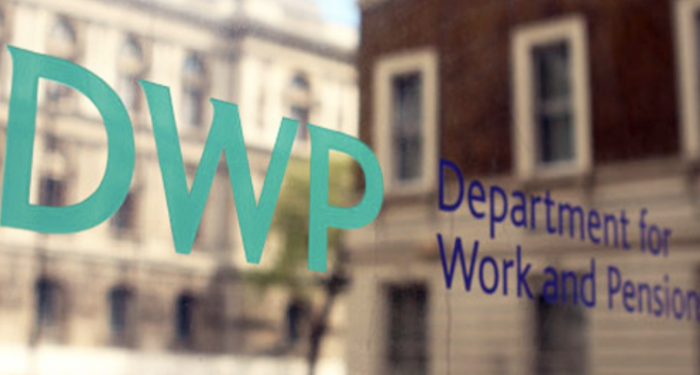Leading auto-enrolment providers are calling for urgent reform of the mechanism for funding regulation of occupational pensions.
The Department of Work and Pensions has just announced a 10 per cent increase to the ‘general levy’ — a fee paid by all occupational pension providers to cover regulatory costs.
However currently this is paid on a ‘per member’ basis, which disadvantages larger AE schemes and master trusts, which may have millions of members but relatively small assets under management due to lower contribution rates.
Figure suggest that just 10 master trusts will pay around 25 per cent of the total general levy next year, despite holding only 2 per cent of the assets invested in occupational pensions.
The DWP has promise a review of this levy, but details of the scope or timing of this review have yet to be released.
The People’s Pension, which has assets of around £9bn, estimated it will pay around £3.1m a year in levy payments. It contrast it says that the largest occupational scheme, which has assets of £60bn and 429,000 members will pay just £430,000 in levy payments.
The People’s Pension director of policy Gregg McClymont says: “While we welcome the commitment to a structural review, it can’t come quickly enough.
“The starting point needs to be a clear breakdown of the rising regulatory costs by pensions sector, so it’s clear why the general levy is rising.
“The burden of levy payments carried by auto-enrolment schemes with millions of small pots is too heavy, and, as the government’s acknowledged, could leave pension providers no choice but to pass the rising regulatory costs straight through to members.”
Smart Pension director of policy and communications Darren Philp adds: “While we understand the need for the government to balance the books, the outcome of the consultation on the levy is unfortunate and unwelcome.
“To fill a black hole of its own creation, the DWP is hitting hardest those providers that are in the vanguard of delivering auto enrolment and this levy increase has a disproportionate impact on those those providers serving low to moderate earners.
“Short term, sticking plaster solutions, are not what’s needed when it comes to the future of the levy.
“The promised DWP review of the levy needs to look fundamentally at the costs of regulation and where those costs fall. Auto-enrolment schemes should not be seen as a cash cow paying for increased regulatory costs. We need proper scrutiny of regulatory expenditure and a revised levy formula that is fairer across the industry.”
The post Master trusts hit out at 10pc increase in regulatory costs appeared first on Corporate Adviser.



